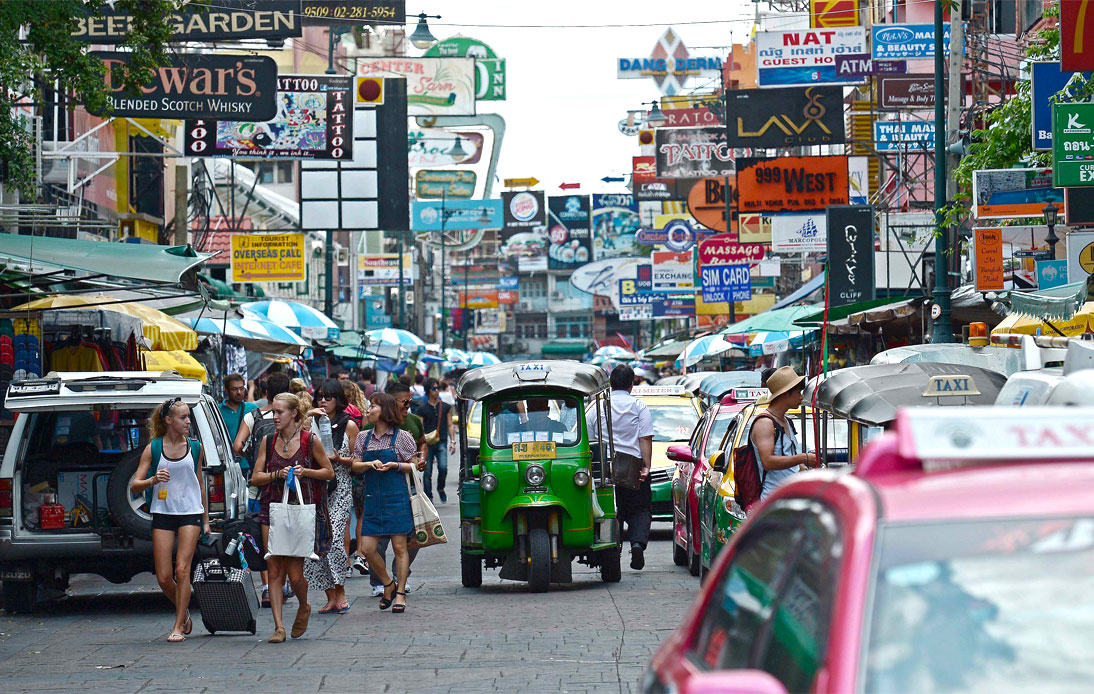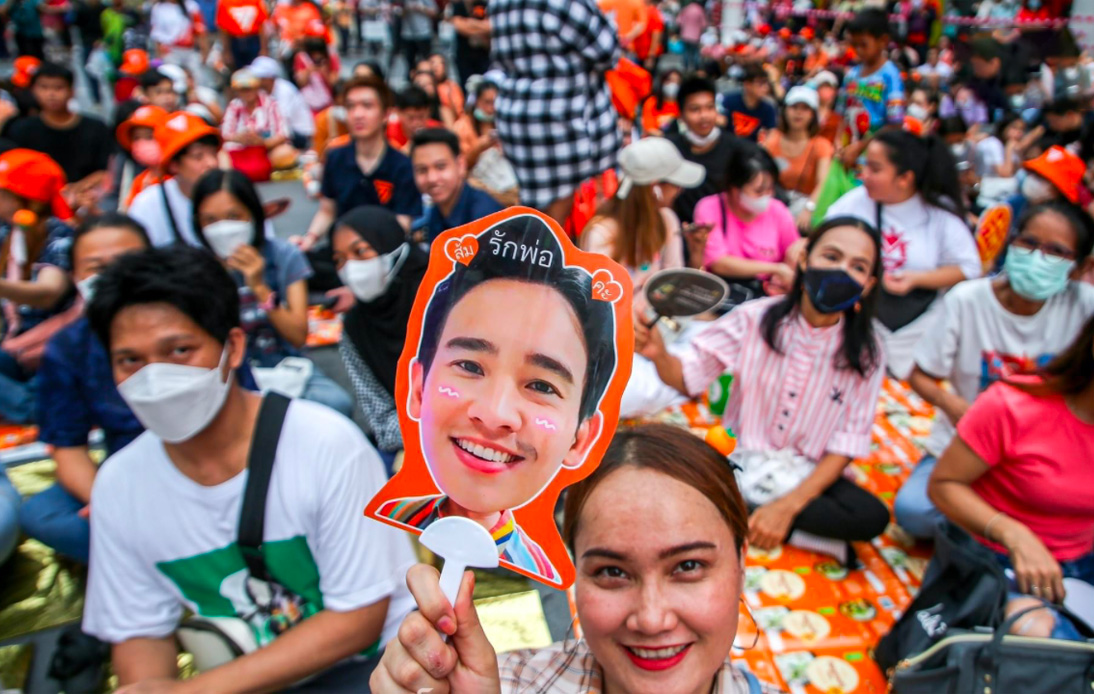
The University of the Thai Chamber of Commerce (UTCC) foresees a considerable delay in the appointment of a prime minister and the establishment of a new government.
This delay could spark protests that, if they escalate into violence, will severely impact tourism income, leading to a loss of 500 billion baht or an equivalent one percent drop in GDP.
On Thursday, UTCC’s president, Thanavath Phonvichai, emphasized the significance of the prime minister’s selection as an indicator of Thailand’s economic resurgence.
He referred to recent business surveys conducted by the university, highlighting concerns about the prolonged government formation potentially delaying the implementation of new economic recovery strategies.
“Both businesses and consumers are closely watching the prime ministerial selection, which could require several votes,” Mr Thanavath stated.
The UTCC projects a minor economic influence if the prime minister’s selection and the establishment of a new government occur in August or September, as it aligns with the current budget structure, facilitating the continuation of multiple investment schemes.
Mr Thanavath commented that if the creation of the government extends past October, budget planning might be deferred until next year’s second quarter, potentially obstructing economic growth.
He advised local administrations to persist with current projects and government entities to leverage budget allocations to ensure liquidity.
“If the prime ministerial selection and government formation proceed smoothly without intense protests, enabling the implementation of investment initiatives, the economy could grow by 4%,” he revealed.
“However, if the selection process and government formation face severe protests, leading foreign countries to issue travel warnings, the number of foreign tourists in the second half of the year could potentially drop by 10 million.”
He continued by saying “this would lead to a loss of 500 billion baht in tourism revenue and a 1% decrease in GDP, which would be undesirable.”
Thailand recorded 12-13 million international tourists in the first half of the year. The UTCC anticipates the number of visitors to rise to 17-18 million in the second half.
Rally Worry
The Federation of Thai Industries (FTI) fears that large-scale street protests could break out, eventually impacting foreign investment and tourism if the Move Forward Party leader doesn’t secure enough parliamentary votes to become the new prime minister.
“The Thai political uncertainty will likely be prolonged, fuelling fear of protests by the party’s supporters in many provinces.”
“This will mar the image of the country in the international community and deal a blow to investment confidence,” stated Kriengkrai Thiennukul, the FTI’s chairman.
He expressed apprehension that foreign investors might defer their investments here, as the political instability reminds them of previous street protests aimed at overthrowing governments, often culminating in military coups.
According to the FTI, Thailand needs to bolster its economy since the recovery has been patchy post-pandemic.
If political tensions escalate into violence, it could dissuade foreign tourists from visiting Thailand, a time when the country heavily relies on this revenue, he pointed out.
The ongoing recovery in tourism is proving beneficial to various sectors, including the food and beverage industry.
“The FTI hopes any political conflicts can be sorted out in parliament. Politicians should think and act for the sake of the country,” Mr Kriengkrai added.





















